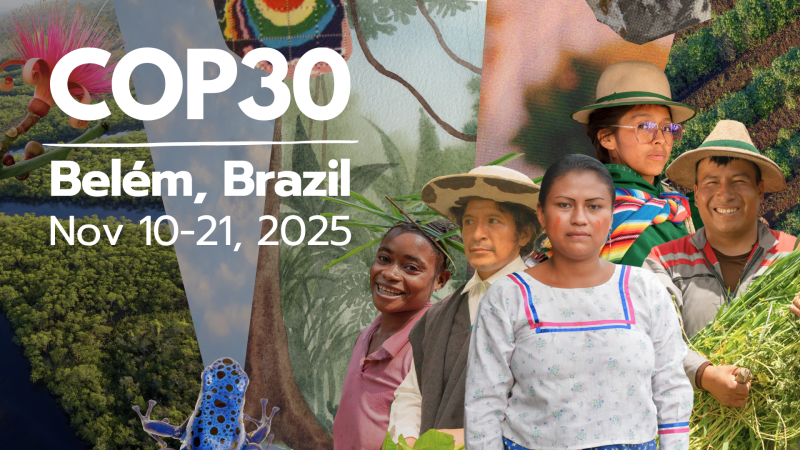- Dhaka records unhealthy air quality on Sunday morning |
- Govt letter to EC to hold election, referendum on same day |
- COP30 boosts funding for at-risk nations but avoids firm fossil fuel terms |
- When To Worry over Ceiling & Wall Cracks After An Earthquake |
- Stock market rebounds, DSEX gains 166 points over week |
COP30 boosts funding for at-risk nations but avoids firm fossil fuel terms

COP30-The UN Climate Change Conference
Global climate negotiators in Brazil reached a muted agreement Saturday that promises increased financial support for countries suffering the impacts of extreme weather, but stops short of committing the world to phasing out fossil fuels or tightening weak emissions-cutting pledges — omissions that many nations had urgently sought.
The host country, Brazil, said it would work alongside Colombia to eventually outline a pathway away from fossil fuels, though such a plan will not carry the authority of a formal COP30 decision. Colombia sharply criticized the final package for failing to include any mention of fossil fuels.
André Corrêa do Lago, COP30 president, sits as Simon Stiell, UN climate chief, left, speaks with other U.N. officials at a plenary session at the COP30, Sat Nov 22, 2025. AP Photo
The compromise deal — finalized after negotiators worked well past Friday’s deadline — was approved early Saturday. COP30 President André Corrêa do Lago acknowledged the document fell short but said the intense discussions would continue under Brazil’s presidency until the next conference.
U.N. Secretary-General Antonio Guterres welcomed the fact that countries were still able to unite, while warning that the agreement does not meet the scale of action demanded by climate science.
Reactions ranged from restrained approval to deep frustration. Small island nations said the imperfect deal was preferable to no agreement at all. Climate advocates, including former Irish President Mary Robinson, lamented the lack of ambition but noted the importance of multilateral cooperation during an era of geopolitical strain.
The absence of the United States, following President Donald Trump’s withdrawal from the Paris Agreement, cast a shadow over the talks. Still, 194 countries pressed ahead with negotiations.
African and European officials said the package offered progress but not nearly enough. Delegates later criticized the rapid final approval process, arguing that concerns — particularly over diluted adaptation indicators — were ignored. Do Lago apologized for the confusion.
Key issues at the summit centered on charting a path away from fossil fuels, acknowledging that current national climate plans are insufficient, expanding adaptation finance, and easing trade-related climate barriers.
Fire forces evacuation at COP30 climate summit in Brazil
While the deal triples adaptation funding to a target of $120 billion annually, the deadline was postponed by five years, angering vulnerable nations who say they face intensifying climate disasters now.
Environmental groups called the final text weak and lacking scientific grounding. Several negotiators blasted the omission of fossil fuel language as a troubling concession to major emitters.
A heated closing plenary exposed the deep divisions, with Latin American delegates clashing verbally with Russia over the tone of their objections.
Despite the tensions, the agreement keeps global climate diplomacy moving — though many left Belem warning that incremental steps are not enough to keep the world on track to limit warming to 1.5 degrees Celsius.
Source: AP

